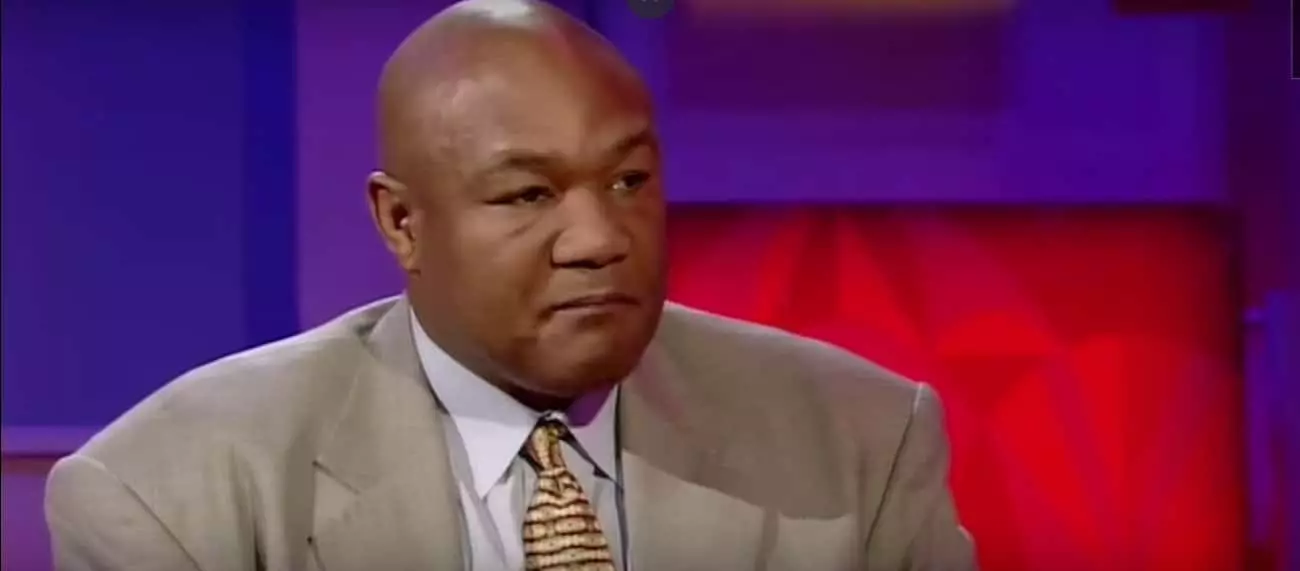George Foreman, a name synonymous with boxing and reinvention, celebrates his 76th birthday today. Born in Marshall, Texas, in 1949, Foreman’s life trajectory mirrors the quintessential underdog story, fueled by a mix of hardship and opportunity. Emerging from a challenging childhood, he eventually found a path that transformed him not only into a boxing legend but also a cultural icon. The Jobs Corps program initiated by President Lyndon Johnson played a pivotal role in Foreman’s life, providing him with a chance to channel his youthful energy and frustrations into something constructive—boxing.
Foreman’s first foray into the sport was largely motivated by a desire to lose weight. However, the boxing ring quickly became an arena for him to unleash his potential. Under the guidance of trainer Doc Broadus, Foreman honed his skills with remarkable speed. By 1968, he had evolved from an amateur into a gold medalist at the Mexico City Olympics, showcasing his prowess against formidable opponents such as Jonas Cepulis. This Olympic triumph was not just a personal victory; it represented a complex moment in American history, contrasting with the Black Power salute made famous by fellow athletes John Carlos and Tommie Smith during the same games.
After the Olympics, Foreman transitioned to professional boxing, where his rise was as meteoric as it was tumultuous. Early matchups were tactically chosen, allowing him to build a reputation without facing outright peril. Nonetheless, the defining moment came in January 1973, when Foreman faced Joe Frazier, a bout that saw Foreman deliver a brutal two-round knockout that left spectators in awe. This fight established Foreman’s reputation as a fearsome competitor with an indomitable spirit.
However, just when it seemed Foreman was destined for a lengthy reign atop the heavyweight division, fate would intervene. The infamous fight against Muhammad Ali in Zaire in 1974 dramatically altered his career’s trajectory. Despite being a heavily favored champion, Foreman suffered a crushing defeat that not only dented his professional image but also weighed heavily on his psyche.
In the wake of the Ali fight, Foreman found himself at a crossroads, grappling with self-doubt and eventually retreating from the sport he once dominated. His unexpected defeat to Jimmy Young further exacerbated this crisis, prompting a decade-long retirement. During this time, he underwent profound changes, both personally and spiritually—a journey that would later shape the man he would become.
Yet, this hiatus was not the end of Foreman’s story. In 1987, he made an unlikely return to boxing, reinvigorated, albeit with a different mindset. The catalyst for this comeback was a desire to fund his Youth and Community Center, a reflection of his commitment to giving back to the community that once offered him hope. Enlisting seasoned fighters like Charlie Shipes and Archie Moore into his training camp, Foreman started from square one, simplifying his approach in a quest for redemption.
A Phenomenal Comeback
Foreman’s comeback was monumental, both in terms of athletic performance and cultural impact. He not only regained his heavyweight title but did so in a way that captivated enthusiasts new and old alike. When George Foreman knocked out Michael Moorer in 1994, it wasn’t merely a victory; it was a triumphant affirmation of his enduring spirit and resilience, decades after his initial foray into boxing.
His life’s arc culminated in various unexpected ventures post-retirement, notably his lucrative endorsement deal with the George Foreman Grill, which transformed him into a household name worldwide. Today, Foreman represents the potential for reinvention that lives in all of us, proving that setbacks and challenges can just as easily become stepping stones to unparalleled success.
A True Global Treasure
Now, at 76, George Foreman stands as a testament to the power of perseverance and transformation. His story transcends the boxing ring, embodying the essence of resilience and the ability to carve one’s destiny against all odds. From an inexperienced youth in Texas to a revered champion and entrepreneur, his journey continues to inspire generations, reaffirming that greatness can emerge from adversity. In every sense, George Foreman is not just a former heavyweight champion; he is a global treasure whose legacy is rich and multifaceted.

